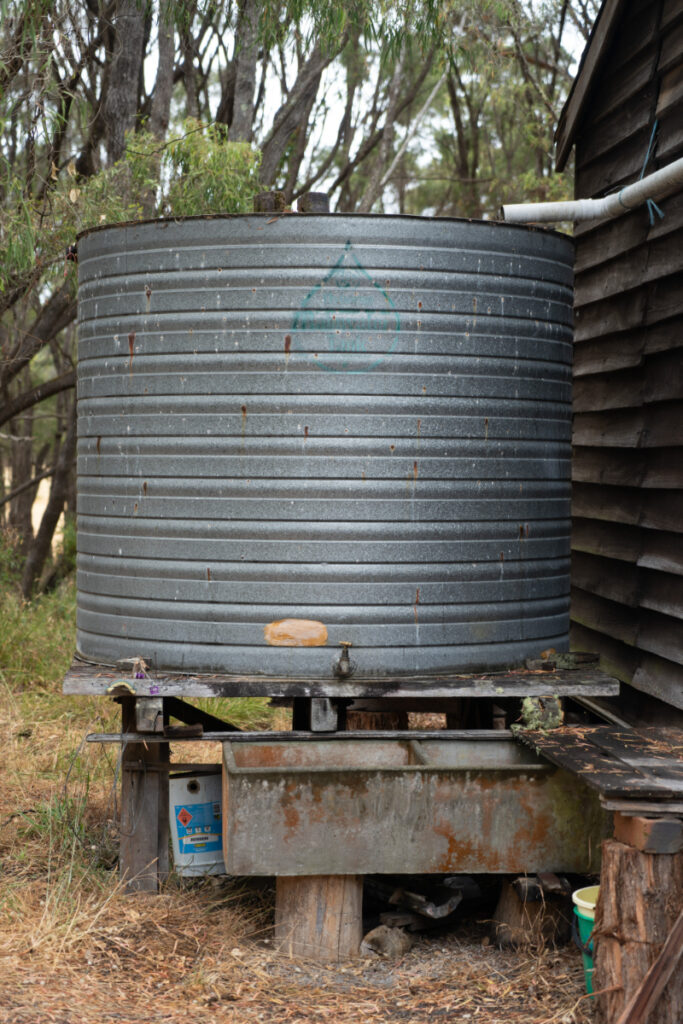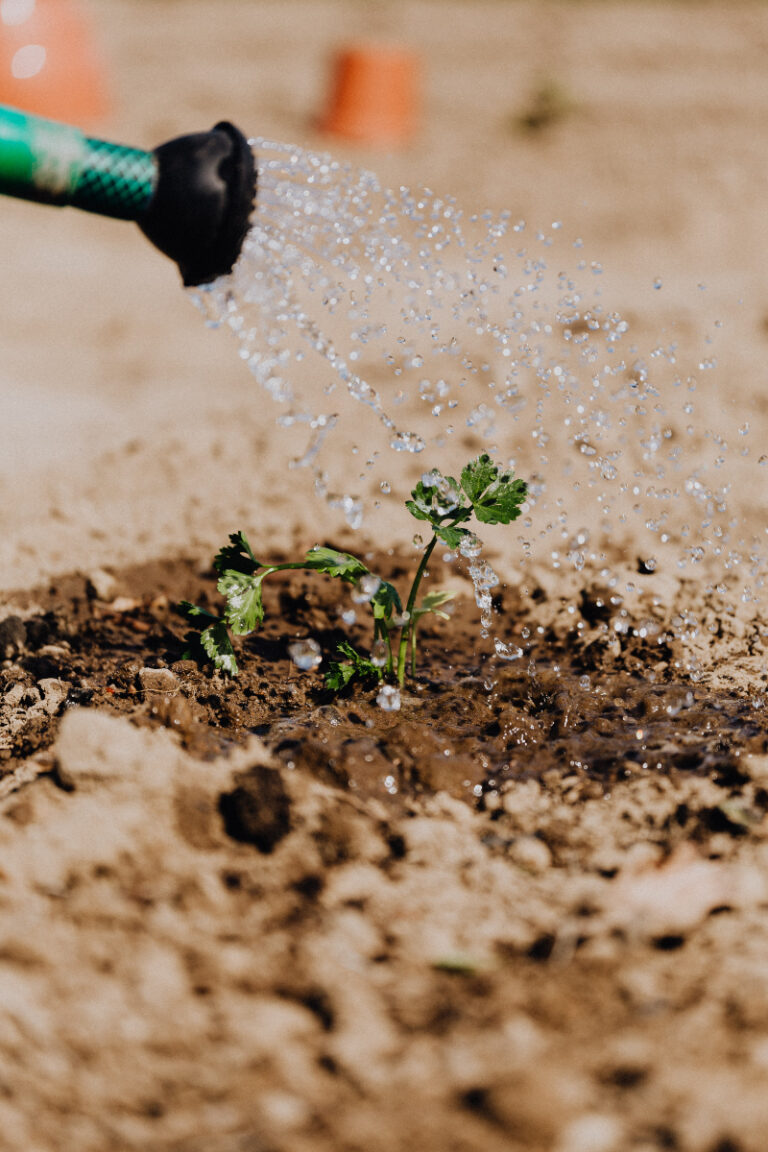Top Benefits of Rainwater Harvesting for Your Home
Rainwater harvesting is a sustainable and effective practice of collecting and storing rainwater for various household purposes. It involves the collection of rainwater from rooftops, gutters, and other surfaces, which is then stored in tanks or cisterns for future use.
This practice has gained immense popularity recently due to its numerous benefits, ranging from reduced water bills to environmental conservation. Read on to discover how rainwater harvesting can benefit you and your household!
Rainwater Harvesting Benefits for Your Home

Environmental Benefits
Rainwater harvesting offers numerous environmental benefits, making it an eco-friendly option for homeowners.
By incorporating rainwater harvesting systems into your home, you can contribute to preserving our environment and natural resources, while also enjoying the benefits of a sustainable and eco-friendly water source.
Here are some of the key environmental advantages of implementing this sustainable practice:
Reduced water demand
Collecting and using rainwater for various household needs can significantly reduce your reliance on municipal water supplies. This helps conserve precious freshwater resources and reduces the strain on local water infrastructure.
Decreased runoff
When rainwater is harvested and stored, it minimizes the amount of stormwater runoff that would otherwise flow into storm drains, rivers, and other water bodies. Excessive runoff can lead to soil erosion and increased pollution in our waterways.
Rainwater harvesting helps mitigate these issues by capturing and utilizing rainwater before it becomes runoff.
Reduced erosion and flooding
By capturing rainwater and reducing runoff, rainwater harvesting systems also help prevent soil erosion and reduce the risk of flooding in low-lying areas. This helps maintain the integrity of the soil and protects local ecosystems from damage caused by excessive water flow.
Improved water quality
Harvesting rainwater can help improve water quality in nearby water bodies by reducing the amount of pollutants that enter them through stormwater runoff.
Additionally, rainwater is naturally soft and free of chemicals, making it a better choice for irrigation and other uses compared to chemically-treated municipal water.
Economic Benefits
Rainwater harvesting offers several economic benefits that can save money and contribute to a more sustainable lifestyle. Here are some of the key economic advantages of implementing a rainwater harvesting system in your home:
Lower water bills
By using collected rainwater for various household needs such as irrigation, toilet flushing, and laundry, you can significantly reduce your reliance on municipal water supply, which in turn reduces your water bills.
Over time, these savings can offset the initial cost of installing a rainwater harvesting system.
Reduced need for irrigation
Rainwater is naturally soft and chemical-free, making it an ideal choice for watering plants and gardens.
Using rainwater for irrigation saves money on your water bill. It may also reduce the need for fertilizers and other chemical treatments, as rainwater can benefit plant growth.
Potential for rebates and incentives
Many local governments and water utility companies offer rebates, tax credits, or other incentives to homeowners who install rainwater harvesting systems.
These programs can help offset the initial costs of installation and make rainwater harvesting a more attractive option for homeowners.
Increased property value
A well-designed and properly installed rainwater harvesting system can increase the value of your property by demonstrating a commitment to sustainability and eco-friendly practices.
Potential buyers may view this feature as a bonus when considering purchasing your home.
Health Benefits
Rainwater harvesting not only provides environmental and economic benefits but also offers some health advantages.
However, while rainwater harvesting has numerous health benefits, it’s essential to ensure proper collection, storage, and filtration methods are in place to maintain the quality and safety of the harvested water.
Rainwater harvesting can contribute to a healthier home and environment with the right system.
Chemical-free water supply
Unlike municipal water supplies that often contain chlorine and other chemicals to treat the water, rainwater is naturally soft and free of these additives.
This makes it an ideal option for watering plants, as it promotes healthier plant growth and reduces the need for chemical fertilizers.
Reduced risk of water-borne illnesses
By storing and using rainwater, you can help alleviate the strain on local water resources, which may reduce the likelihood of water contamination and water-borne illnesses in your community.
When properly collected and filtered, rainwater can be a safe and healthy water source for various household uses.
Better for skin and hair
Rainwater is naturally soft and has a neutral pH, making it gentler on your skin and hair, compared to hard water. Using rainwater for bathing and washing can help prevent dryness and irritation caused by the minerals found in hard water.
Improved indoor air quality
Using rainwater for indoor plants can promote healthier plant growth, improving indoor air quality. Plants are known to remove pollutants from the air, and by providing them with chemical-free rainwater, you can enhance their air-purifying capabilities.
Aesthetic Benefits
Rainwater harvesting can also provide aesthetic benefits that improve your property’s appearance and curb appeal. Here are some ways in which rainwater harvesting can enhance the aesthetics of your home:
Preservation of landscaping
Using rainwater for irrigation helps maintain the health and beauty of your garden and landscape. Rainwater is naturally soft and chemical-free, making it ideal for plant growth. A well-maintained garden not only adds to the visual appeal of your property but also creates a pleasant outdoor space for relaxation and enjoyment.
Improved curb appeal
A rainwater harvesting system can be designed to blend seamlessly with your home’s architecture and landscape. Modern systems come in various styles and materials, allowing you to choose one that complements your property’s appearance. An attractive rainwater harvesting system can enhance your home’s curb appeal and even increase its overall value.
Support for sustainable design
Incorporating rainwater harvesting into your property demonstrates a commitment to sustainable living and eco-friendly practices. This can be an attractive feature for potential buyers and may even inspire your neighbors to adopt similar practices, contributing to a more sustainable community.
Enhanced water features
If you have water features like ponds, fountains, or birdbaths on your property, using rainwater can help maintain their cleanliness and clarity. Rainwater is free of chemicals and minerals, preventing algae growth and mineral buildup that can detract from the appearance of your water features.
Final Thoughts
In conclusion, rainwater harvesting offers numerous benefits for homeowners and the environment. Collecting and using rainwater can reduce your reliance on municipal water supply, save money on your water bills, promote sustainable living, and contribute to a healthier and more eco-friendly community.
Rainwater harvesting also provides environmental benefits like reduced runoff, decreased erosion, improved water quality, and conservation of freshwater resources. With these benefits in mind, it’s easy to see why rainwater harvesting is becoming an increasingly popular and attractive option for homeowners.
Whether you’re looking to reduce your ecological footprint, save money on your water bills, or improve the appearance of your property, rainwater harvesting is an excellent choice that offers significant advantages.






